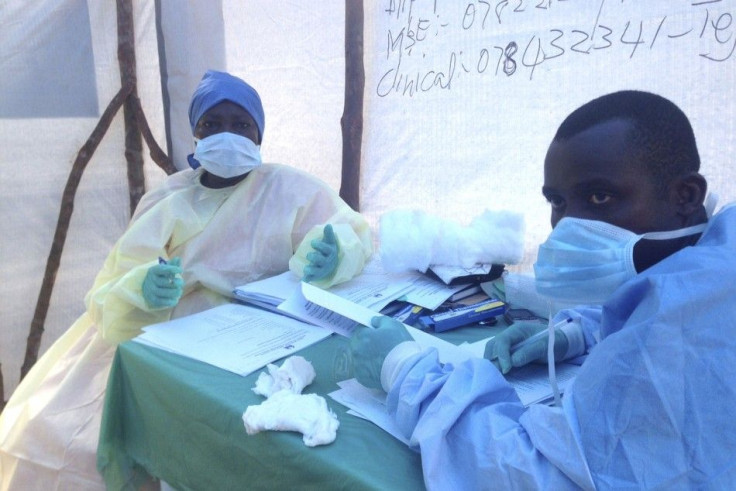Sierra Leone Launches ‘Zero Ebola’ Campaign That Requires Residents Not To Leave Home For 6 Days

Sierra Leone President Ernest Bai Koroma rolled out on Saturday the ‘Zero Ebola’ campaign designed to stop the spread of the deadly virus by ordering all residents to stay home for six days. These are on March 27 to 29, from 6 a.m. to 6 p.m., and April 4, 11 and 18, which are all Saturdays.
Koroma explains, “The campaign will provide an opportunity for communities to be directly involved in the drive to zero cases, to reflect and pray for the eradication of this disease from our country,” quotes CNN. He adds there should be no commercial activities during those six days.
However, because Palm Sunday falls on March 28, churches will be allowed to operate from 10 a.m. to 2 p.m. Exempt from the ban are health workers, media men and public safety officers.
In September, Sierra Leone already imposed a three-day lockdown. It was used as an information campaign as volunteers went door-to-door to talk to locals about the virus.
In August, Liberia imposed a lockdown on Monrovia. The move aimed to stop the spread of the deadly virus in the capital city, but it only resulted in riots.
According to Sierra Leone’s Ministry of Health, as of Friday, there was zero new infections. However, the president warned the start of the upcoming rainy season could boost rate of transmission of Ebola.
World Health Organisation data said Sierra Leone has the biggest number of confirmed cases, reaching 11,751. But Liberia has the highest number of deaths at 4,264.
Meanwhile, philanthropist Bill Gates, in an article with the New England Journal of Medicine, published on Thursday, sought global efforts to battle future epidemics. He compared the expected efforts to the way that western nations combat military threats through the North Atlantic Treaty Organisation.
“There is a significant chance that an epidemic of a substantially more infectious disease will occur sometime in the next 20 years,” Gates warned. The organization he has in mind would be made up of incident managers, epidemiologists, local community leader and public information workers to respond swiftly to an outbreak once it is detected.
To contact the writer, email: v.hernandez@ibtimes.com.au





















